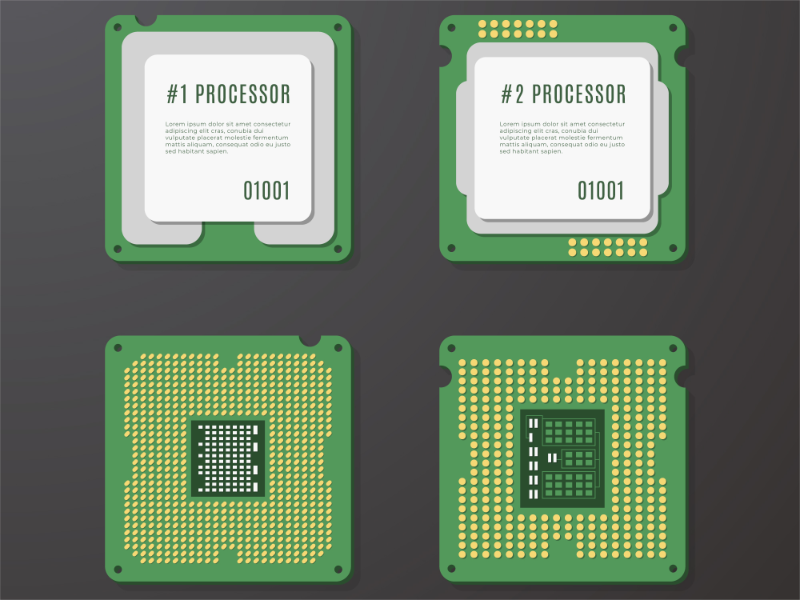- Advanced Micro Devices unveils new artificial intelligence processors to challenge Nvidia’s dominance in the AI semiconductor market.
- AMD plans to release its AI chips every year to market demands for newer and more competitive products.
- AMD introduces the MI350 and MI400 series, scheduled for release in 2025 and 2026 respectively, promising improvements over current AI chips.
OUR TAKE
AMD’s action is beneficial to promote healthy competition with Nvidia, speeding up technological advancement. However, there is also a risk of developing a cut-throat competitive landscape which will entail losers as well as winners.
–Audrey Huang, BTW reporter
AMD showcased its latest artificial intelligence processors on Monday and detailed its plan to develop AI chips over the next two years in order to challenge industry leader Nvidia.
Challenging Nvidia: AMD’s plan to expand AI chips
AMD, a prominent player in the semiconductor industry, is increasing its efforts to challenge Nvidia’s dominance in AI processors. At the Computex event, AMD unveiled its latest AI chips, demonstrating its ambition to win a larger share of the growing AI market. Considering the requirements of the market, the company plans to release its AI chips every year. The introduction of the MI350 and MI400 series highlights AMD’s commitment to pushing the boundaries of AI technology, promising improvements over existing products.
Also read: AWS clarifies: NVIDIA advanced chip order is not cancelled
Also read: IMEC CEO: Boost supply and R&D in European chip industry
Future innovations for AI chip
MI350 and MI400 series show the tech company’s dedication to delivering cutting-edge technology to meet the increasing needs of AI applications. By rolling out new products every year, the company aims to stay ahead in the highly competitive AI semiconductor landscape. As the company continues to expand its presence in the AI chip market, investors and industry stakeholders are increasingly eager to witness the impact of these technological advancements on the broader semiconductor industry.

